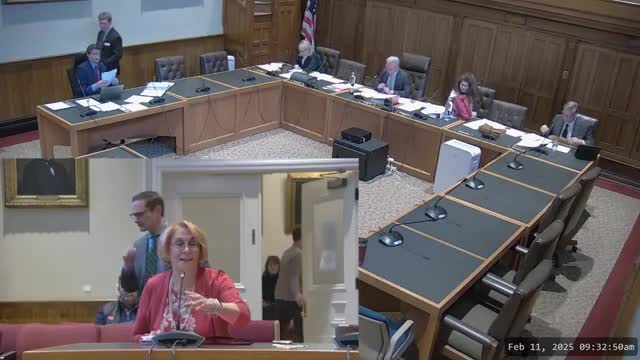Article not found
This article is no longer available. But don't worry—we've gathered other articles that discuss the same topic.
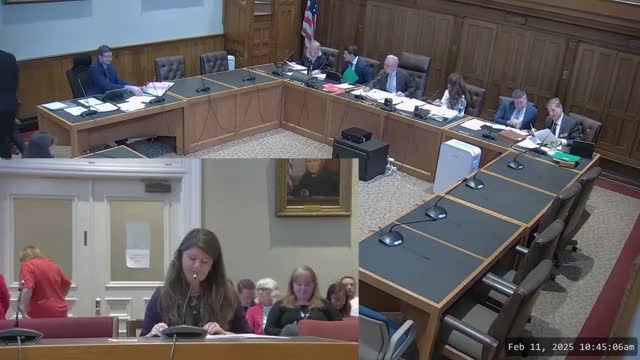
Committee hears bill to replenish and expand Housing Champions program to spur municipal housing actions
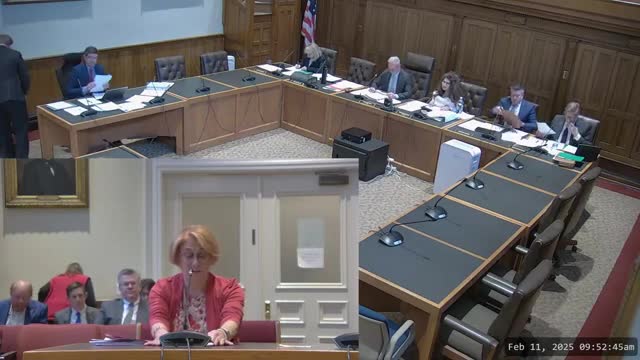
Committee considers bill requiring affidavits for land purchases or leases near select defense and critical facilities
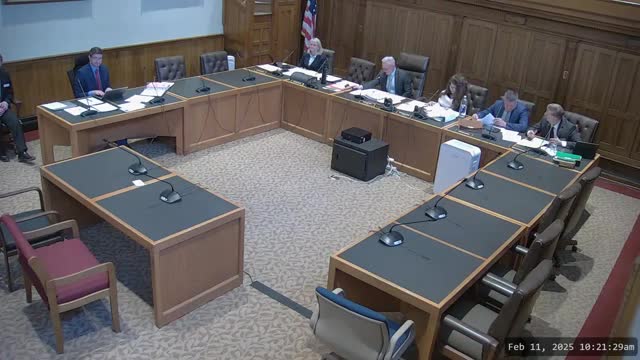
Senate committee hears bill to let New Hampshire Housing guarantee multifamily loans to spur affordable housing

Senate Commerce committee advances several bills in executive session, adopts amendments and refers housing measures to subcommittee
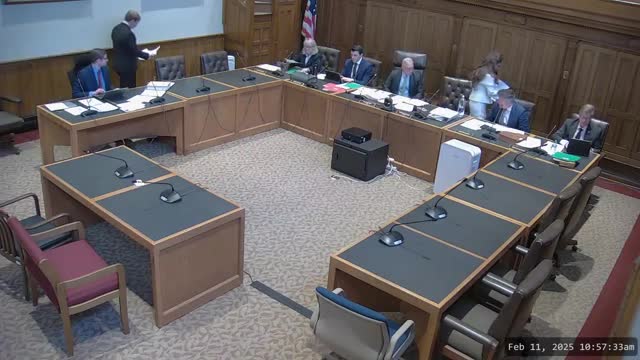
Panel hears bill to outlaw long-term 'unfair service' agreements that cloud property titles
